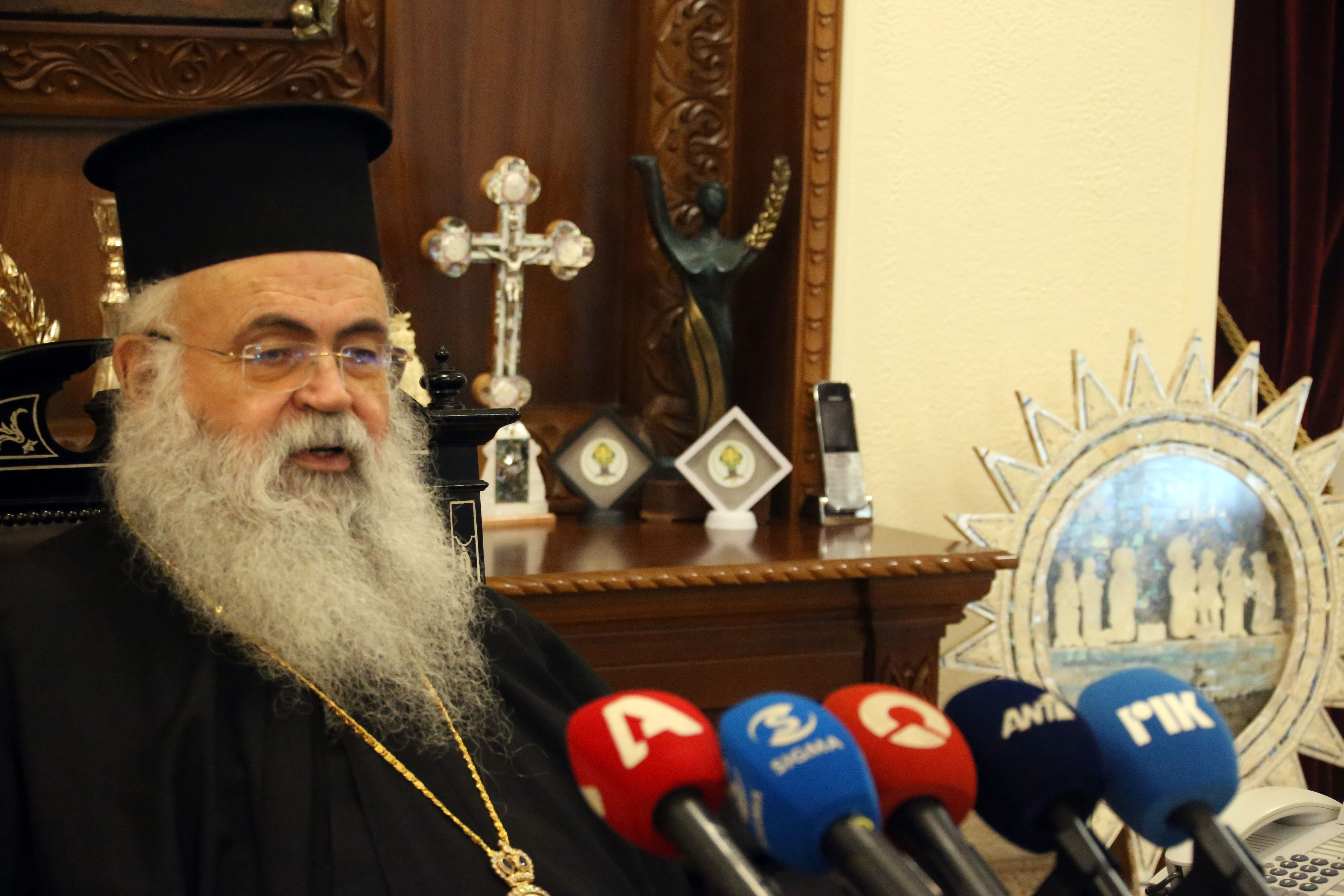To address declining birth rates, Archbishop Georgios announced on Thursday the immediate launch of a new financial support scheme for families with more than three children, amounting to around €2 million per year.
“€1,500 will be given upon the child’s baptism, €1,000 upon registration in primary school, €1,000 upon registration in middle school, and another €1,000 upon registration in high school,” the Archbishop said.
In addition, families will receive annual vouchers of €100 each for Easter and Christmas for children up to 18 years old.
The support will apply exclusively to Orthodox Christian families with children born after January 1, 2025, as the third or subsequent child in the household.
To qualify, at least one parent must be an Orthodox Christian Cypriot, defined by holding a Cypriot ID card, and the family must permanently reside on the island.
The parents must be married in an Orthodox church and have at least three children, including the beneficiary child, who must also be baptised as an Orthodox Christian.
Church representatives did not clarify whether single parents would be eligible for the scheme.
“We understand the importance of births in renewing our population, especially now that we Greeks are facing challenges to remain on this land,” Archbishop George said.
He added that the new scheme was made possible in part through revenue generated from the utilisation of church property.
The annual budget for the plan is set at approximately €2 million for 2025, applied retrospectively. According to estimates by the Archdiocese, vouchers worth around €28 million and other financial grants totalling about €44 million will be distributed through the scheme by 2039.
The archbishop noted that the scheme’s budget will gradually increase and will be reviewed every two to three years to allow for amendments.
“If the plan succeeds, we will see how to expand it further. Some have already approached us and expressed their willingness to support the initiative,” he said.
Cypriot women currently give birth to an average of 1.4 children, closely matching the EU’s average fertility rate of 1.38 live births per woman in 2023.
To maintain a stable population, a country with low mortality and zero migration would need a fertility rate of around 2.1 births per woman – the so-called “replacement level,” representing the rate at which one generation replaces the next.
If fertility remains above or below the replacement level for extended periods, it leads to population growth or decline, though this can be offset by net migration.
By the end of 2023, the population of the Republic of Cyprus stood at 966,400, marking a 1.8 per cent increase from 2022.
However, the proportion of people aged 65 and over continued to rise, while the percentage of children under 15 declined – indicating that Cyprus’ population is gradually ageing.






Click here to change your cookie preferences